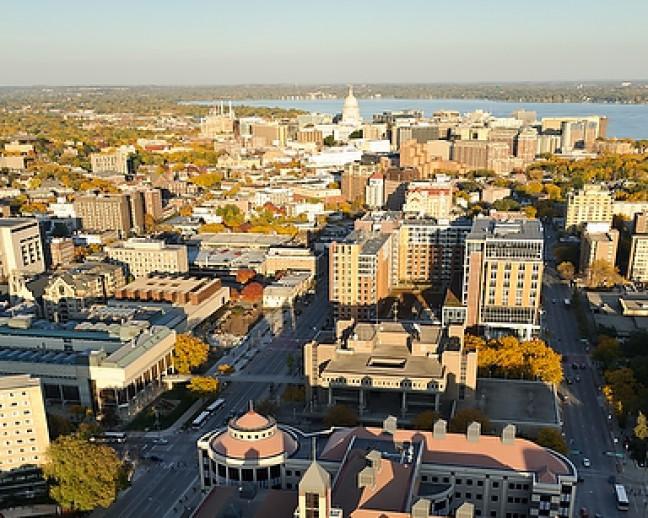University of Wisconsin student leaders and organizations had mixed reactions on the results of a campus-wide survey released Wednesday ranging from being unfazed to disapproving the survey.
The survey found LGBTQ+, women and students of color were more likely than white students to feel unwelcome and experience incidents of hostile, harassing or intimidating behavior.
While the survey was taken by only roughly 20 percent of the student body, many students have said the reports are not surprising and confirm their own lived experiences at the university.
One of these students is junior Saja Abu-Hakmeh, who called the survey results “unsurprising.”
“It definitely resonated with me because that’s definitely my experience as a woman of color, and I’ve definitely heard that from a lot of people of color in my life,” Abu-Hakmeh said. “They don’t feel either safe or welcome or that they’re offered the same experience that most non-people of color are offered.”
These sentiments were echoed by College Democrats Press Secretary Claudia Koechell, who said she was unsurprised by the results.
However, some students took issue with the survey results. College Republicans Communications Director Emelia Rohl said the survey was not representative of the student body, in particular, students who are active in campus politics.
“Like any survey/poll, it’s important to note who conducted the survey and that some students are more likely to respond than others,” Rohl said.
Other survey results found strong student support for diversity on campus. Koechell said UW is not diverse enough and there is room for improvement.
School of Education launches new program aimed at fostering productive discussion
“Promoting a more diverse student body will allow students of all backgrounds to feel appreciated and potentially close the gap on those who feel welcome and respected on campus, especially LGBTQ+ students, students with a disability, students of color, and trans/non-binary students,” Koechell said.
Rohl said diversity on campus also involves diversity of thought and opinion on campus, something which includes conservative thought and opinion.
Going forward, Abu-Hakmeh identified ways UW can improve the campus climate in light the survey results.
“The campus could be more inclusive of its diverse members by addressing hate/bias incidents more seriously,” Abu-Hakmeh said. “Additionally, the campus could make it more comfortable for lower SES students in terms of giving reduced costs to sporting events based on income in order to provide the opportunity for everyone to feel as though they can participate in traditional UW campus events.”
The campus climate report also included a list of public information and community engagement sessions which will address the survey results and discuss future actions in light of these results with the general public.
These discussion sessions will occur Nov. 7 and Dec. 4 in the remaining weeks of the fall semester, as well as two undated sessions in the spring semester.













